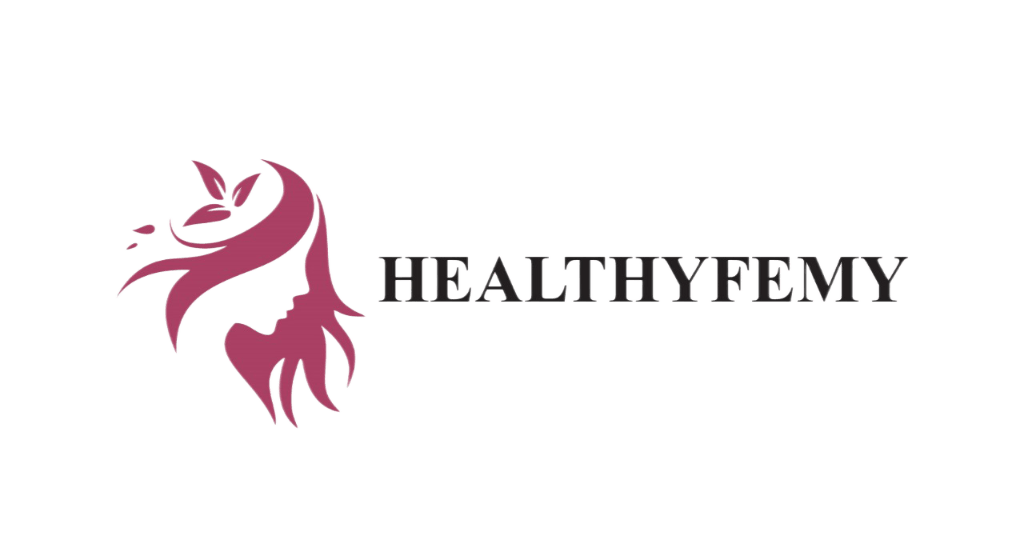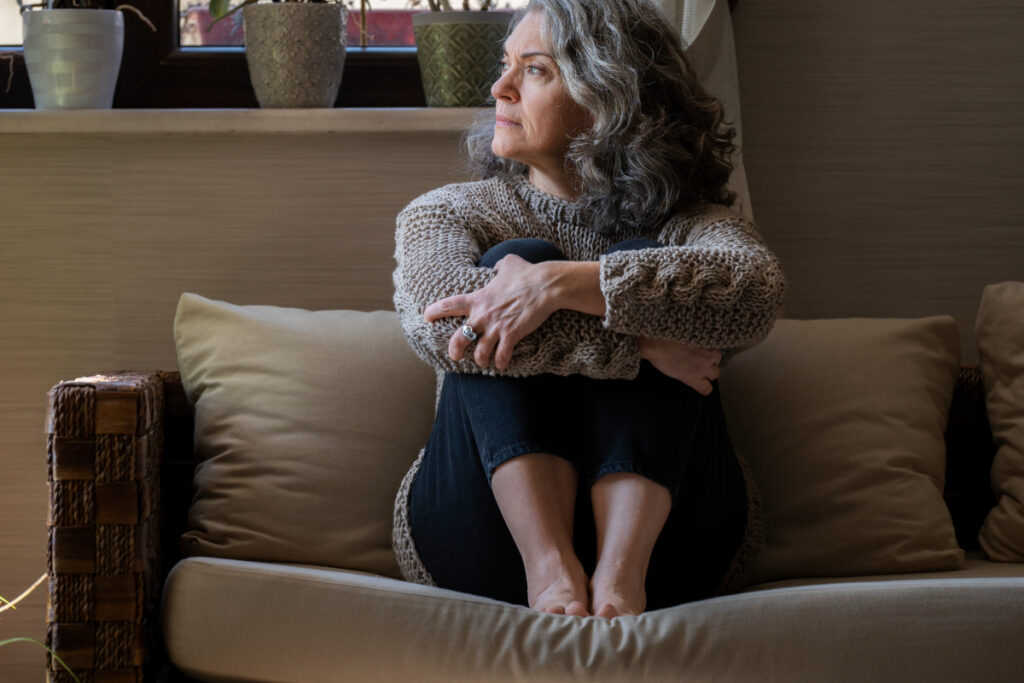Picture this: You’re in your late 30s, maybe early 40s, juggling work, home, relationships—life in full swing—and then your periods start playing hide and seek. First, they’re irregular. Then, they vanish altogether. Hot flashes? Check. Mood all over the place? Double check. And it hits you: Could this really be menopause already?
While most women expect menopause to knock on the door closer to their 50s, early menopause can show up uninvited, much sooner than expected. And when it does, it brings its own set of challenges—both physical and emotional. Let’s unpack this together. No sugar-coating, no medical jargon overload. Just real talk about what’s going on, why it happens, and how you can navigate it without losing yourself.
What Exactly is Early Menopause?
According to textbook definitions, menopause occurs when your ovaries stop producing eggs and you haven’t had a period for a full year. About 51 is the typical age for this. Now, early menopause? That’s when all of this happens before age 45. If it occurs before age 40, medical professionals typically refer to it as premature menopause or primary ovarian insufficiency (POI).
Sounds rare? In actuality, it’s not as rare as you may imagine. Estimates suggest about 1 in 100 women under 40 will experience it. So if you’re facing it, you’re far from alone—even if it feels that way sometimes.
Why Does Early Menopause Happen? (Hint: It’s Not Always Clear-Cut)
Here’s the tricky bit—sometimes there’s no clear reason why early menopause happens. But in many cases, a few culprits tend to pop up:
1️⃣ Genetics
If your mom, aunt, or older sister went through menopause early, there’s a decent chance you might too. It’s one of those family patterns that tends to repeat itself.
2️⃣ Medical Treatments
Certain medical treatments can trigger early menopause For instance, ovarian damage might result from chemotherapy and pelvic radiation. Some women who undergo surgery to remove their ovaries (oophorectomy) will enter menopause immediately, no matter their age.
3️⃣ Autoimmune Conditions
In some cases, the body’s immune system mistakenly attacks the ovaries. This is rare, but conditions like autoimmune thyroid disease or rheumatoid arthritis can play a role.
4️⃣ Lifestyle Factors
There’s some evidence that smoking is linked to an earlier menopause. And while the research isn’t conclusive on things like weight or diet, unhealthy lifestyle habits might nudge that menopause clock a little faster.
5️⃣ Unknown Causes
And then, there are those times where no cause is found. Frustrating? Absolutely. But it’s the reality for many.
What Early Menopause Feels Like
It’s not just about the end of periods. Early menopause can stir up a whole cocktail of symptoms. You might find yourself feeling like a stranger in your own skin.
Hot flashes and night sweats — You’re sitting in a meeting, and suddenly you feel like you’re on fire from the inside out. Or you wake up drenched in sweat at 3 a.m.
Mood swings — One minute you’re fine, the next you’re teary or irritable, and you don’t even know why.
Vaginal dryness and discomfort during sex — Yep, no one loves talking about this part, but it’s real, and it can impact intimacy.
Sleep trouble — Those night sweats aren’t doing your rest any favors.
Brain fog is when you enter a room and don’t remember why. Or you can’t find the word that’s right on the tip of your tongue.
Low libido: Hormonal fluctuations can reduce desire, which can be perplexing or annoying.
And let’s not forget the silent stuff—the bone loss, the increased risk of heart disease. The stuff you can’t feel but that matters big time for long-term health.
The Emotional Whirlwind
Here’s the thing: early menopause doesn’t just mess with your body. It can hit your sense of self, your plans, your dreams. Maybe you were hoping to have (or grow) a family. Maybe you feel like you’re suddenly aging before your time. Maybe you just feel… lost.
And you know what? It’s okay to feel that way. There’s no “right” way to process this. Grief, anger, relief, confusion—it’s all valid.
So, How Do You Cope?
I wish I could offer a one-size-fits-all fix, but truthfully, coping with early menopause is about finding what works for you. That said, here are some routes you might consider:
💊 Hormone Replacement Therapy (HRT)
For many women, HRT can help ease symptoms and protect against bone loss and heart disease. It’s not right for everyone, though—especially if you have certain health risks—so this is one to discuss thoroughly with your doctor.
🥦 Nourish Your Body
A diet high in calcium, vitamin D, lean protein, whole grains, and an abundance of fruits and vegetables should be the main focus. Your bones will thank you. Your heart will too.
🏃♀️ Move Your Body
Weight-bearing exercise (think walking, dancing, light strength training) helps keep bones strong. And moving your body can lift your mood, ease anxiety, and help you sleep better.
🧘 Mind-Body Practices
Yoga, meditation, deep breathing—they’re not magic cures, but they do help many women feel calmer and more in control.
💬 Seek Support
Whether it’s a therapist, a support group, or a trusted friend, don’t bottle this up. Sharing your experience can lighten the load. And sometimes, just hearing “me too” from someone who gets it is priceless.
🌱 Explore Alternatives (Cautiously)
Some women swear by herbal remedies or supplements. Just be careful. Natural doesn’t always mean safe—or effective. Prior to trying anything new, consult your healthcare professional.
Fertility & Family Planning
If early menopause comes crashing in before you’ve finished (or started) building your family, it can feel devastating. But know this: options exist. Some women may still have occasional ovulation and could conceive naturally (though rare). Others look into surrogacy, egg donation, and embryo donation. Adoption is, of course, still another lovely route.
What’s important? Don’t rush decisions. Allow yourself time to grieve, analyze, and think about what’s best for you.
You’re More Than This Moment
Look—early menopause can feel like an earthquake shaking up your plans and sense of identity. But it doesn’t define you. Yes, it’s hard. Yes, it changes things. But you’re still you. Robust, competent, worthy of happiness and health.
Feelings of sadness, anger, and fear are acceptable. However, don’t let an early menopause deprive you of optimism. There are ways forward. There are tools and support out there. And most of all—you are not alone.
Final Thoughts
Early menopause isn’t something anyone signs up for. It can feel like an unwelcome guest that shows up too soon, throws your life into chaos, and overstays its welcome. But with the right care, support, and self-compassion, you can face it head-on and come out stronger on the other side.
So take a deep breath. Be kind to yourself. And remember—this is just one chapter, not the whole story.
👉 If you’re going through early menopause or suspect you might be, reach out to a healthcare provider you trust. The sooner you get the support you need, the better you’ll feel—inside and out.
FAQs
Early menopause refers to menopause that begins before the age of 45. When it occurs before 40, it’s called premature menopause.
Common causes include genetics, autoimmune disorders, certain medical treatments like chemotherapy, and lifestyle factors such as smoking.
No, but some symptoms can be managed with hormone therapy, lifestyle changes, and emotional support.
Symptoms may include irregular periods, hot flashes, mood swings, vaginal dryness, and sleep disturbances.


